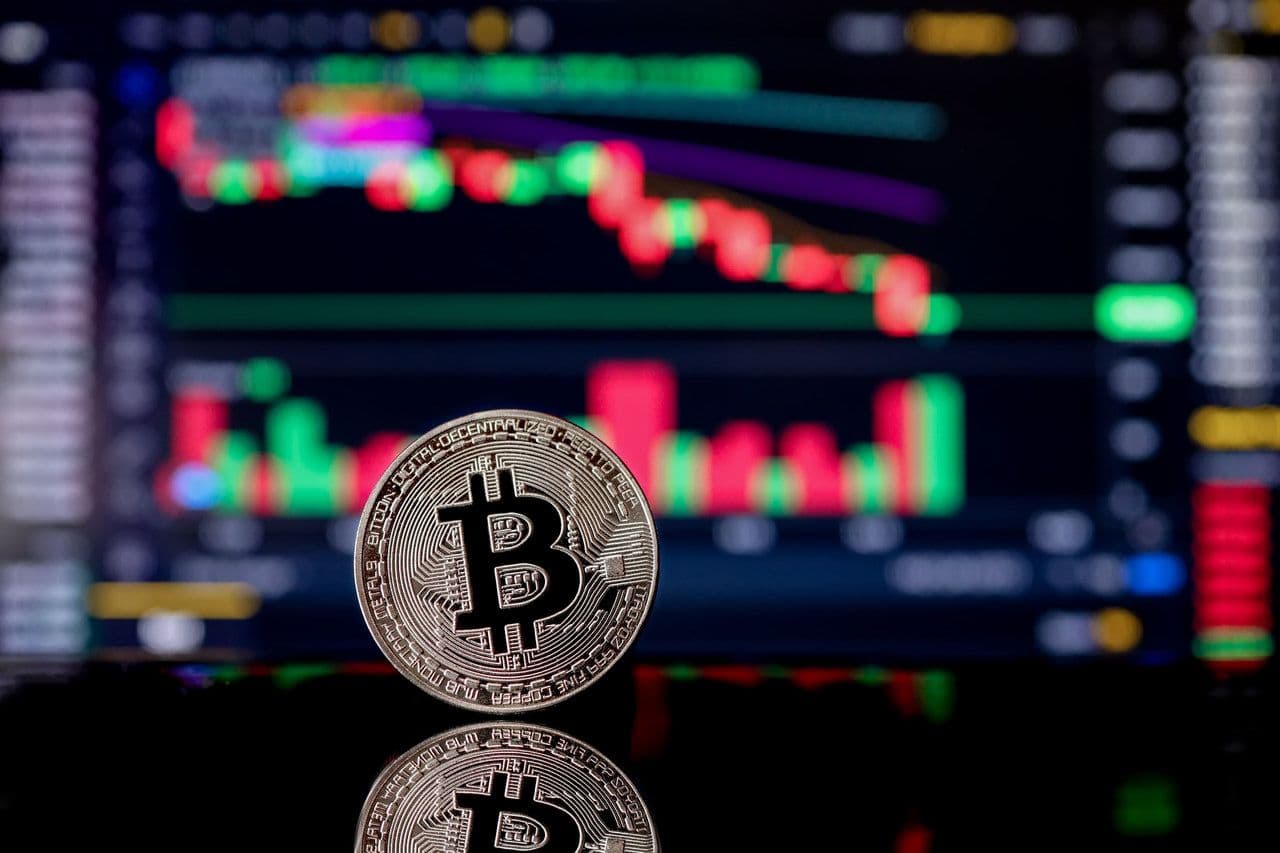Cryptonomics: Hyperbitcoinization and global Bitcoin dominance
There are several developing countries around the World that are currently undergoing major financial crises. Is Hyperbitcoinization the solution?

In 2014, noted blockchain researcher Daniel Krawisz famously published the article on ‘Hyperbitcoinization’ highlighting the possibility of a ‘Bitcoin-induced currency demonetization’ situation, or ‘Hyperbitcoinization’ as he describes it. This term essentially describes the effect caused to a conventional fiat currency that would lose its value simultaneously as Bitcoin seeks to overthrow it.
There are several developing countries around the World that are currently undergoing major financial crises. Several prominent personalities such as Steve Wozniak have explicitly mentioned their hugely optimistic predictions on this very possibility of a not so distant future of cryptocurrency domination within the global economy. His analogy in comparing Apple to Ethereum as a ‘platform’ based mechanism resonates in this excerpt as reported by Trustnodes earlier this year,
Ethereum interests me because it can do things and because it’s a platform. When we started Apple, our Apple 2 computer was a platform. Here’s all the documentation, open source, you can see how you develop parts, look at the examples we have done. How to develop software, how to modify the softwares in here. It was a platform for others, so thousands of companies started up. Sometimes high school kids started their own company, and then they’d put up little ads in little electronic journals, ads for my product, for the Apple 2. Everybody in the world was advertising for us and we didn’t have to. So platforms is how the world can grow by opening up to millions of other smart people
Hyperbitcoinization vs Hyperinflation
(Refer Glossary for definitions)
The issue of ongoing currency inflation plaguing nations like Iran, Venezuela, and Turkey is seemingly causing a regime shift within their residents turning to crypto as a medium of exchange and store of monetary value. Daniel Krawisz predicted earlier that high levels of government-induced inflation such as those faced by these nations would be significantly slower than their concurrent bitcoin-induced currency flow. This is seemingly apparent because of a multitude of reasons, mainly involving the inherent decentralized nature of cryptocurrencies which would result in a lack of governmental control in restricting the inflow of Bitcoins or related cryptocurrencies.
Daniel also goes on to explain a few other factors to validate his hypothesis that a cryptocurrency would be a better suited tool for such a scenario whereby a country’s currency is at risk of high inflation. However, it is crucial to understand that an increase in Bitcoin (BTC) and other cryptocurrency trading volumes in such countries currently undergoing high inflation also correlate with factors other than widespread user adoption and changing public perception of cryptocurrencies in general.
Venezuela: issuing a state-controlled cryptocurrency
As reported earlier on Cryptoticker, Nicolás Maduro, the president of Venezuela, famously declared the Petro currency as the country’s second officially endorsed national currency. With a long history of ongoing hyperinflation since former President Hugo Chavez, Venezuelans have been known to mine and invest in Bitcoin since its early days and the numbers have been increasing since then with the onset of the oil backed Petro currency endorsed by President Maduro.
Moreover, this post by Reddit user u/Windows7733 also went viral earlier this year through which the user raised 29 NANO from other users in the community which allowed the user to buy 102 kg of food, including cornmeal, meat rice, sugar and beans. Instances such as these make it all the more evident that Daniel’s vision of such ‘Hyperbitcoinization’ movements are inching closer towards becoming an accepted phenomenon.
The 102 kg of cornmeal, meat rice, sugar and beans bought by the Reddit user
Turkey: a likely Hyperbitcoinization candidate
Cryptoticker reported earlier this week about the staggering results of a survey conducted by Statista amongst a representative sample of 18,000 individuals that Turkey has the highest percentage of cryptocurrency investors amongst its population in the World, at a significant 18 percent. This rapid increase in crypto ownership was also seemingly driven by the ongoing inflation of the Turkish Lira currency due to a variety of factors, mostly driven by President Recep Tayyip Erdoğan’s economic policies.
ShapeShift CEO Erik Voorhees famously took to Twitter to highlight the ongoing volatility of the Turkish Lira in the face of this market unrest and the subsequent increase in popularity of cryptocurrencies among the public. Hence, every policy decision taken by the Turkish government has the potential to transform the prevailing blockchain ecosystem within the country, with cryptocurrency adoption rates growing significantly.
We've entered a time now where some fiats are far less stable than Bitcoin. Turkish lira plummeting ~20% in one day. https://t.co/ct1GnrCnKG #BackedByGovernment #TRY #forex
— Erik Voorhees (@ErikVoorhees) August 10, 2018
Argentina: the latest victim of hyperinflation
The Argentine peso has also seen a tremendous 100% inflation rate increase over the past year and has been volatile lately, currently settling at 36.92 Argentine pesos for a US dollar. By now, a pattern has seemed to emerge amongst such countries like Venezuela, Turkey, Iran, Indonesia, Zimbabwe, and the like with regards to Daniel Krawisz’s theory comparing the effects of hyperinflation and hyperbitcoinization. It has to be noted that the effects are largely based on correlatory statistics and are still at their very early stages with a few prevailing exceptions, Argentina being one of them.
As of now, Cryptocompare reports Argentina to be only the 45th largest market in the World in terms of Bitcoin trading volume and it hasn’t seen any major spikes correlating with the recent ongoing inflation of its economy. Economists already point out a few convincing explanations such as the ease of their accessibility to alternate fiat currencies like the US dollar.
A Perplexing Future
The major takeaway from the few case studies depicted highlighting the correlatory significance of cryptocurrencies in such instances of country-specific inflation is that hyperbitcoinization would remain a myth at a global scale as long as major reserve currencies like the US dollar exists. However, trends show correlations at a convincing level within such countries facing a fiat inflationary issue. Hence, the future definitely seems complicated for the global dominance of cryptocurrencies and hinges upon continent-wide decisions taken by such nations with regards to their legal tenders.
Hyperbitcoinization: Bitcoin-induced currency demonetization, where demonetization implies the act of stripping a currency unit of its status as legal tender which occurs whenever there is a change of national currency.
Hyperinflation: Monetary inflation occurring at a very high rate, where inflation is the rate at which the general level of prices for goods and services is rising and, consequently, the purchasing power of currency is falling.
Follow us on Twitter, Facebook, Steemit, and join our Telegram channel for the latest blockchain and cryptocurrency news





























